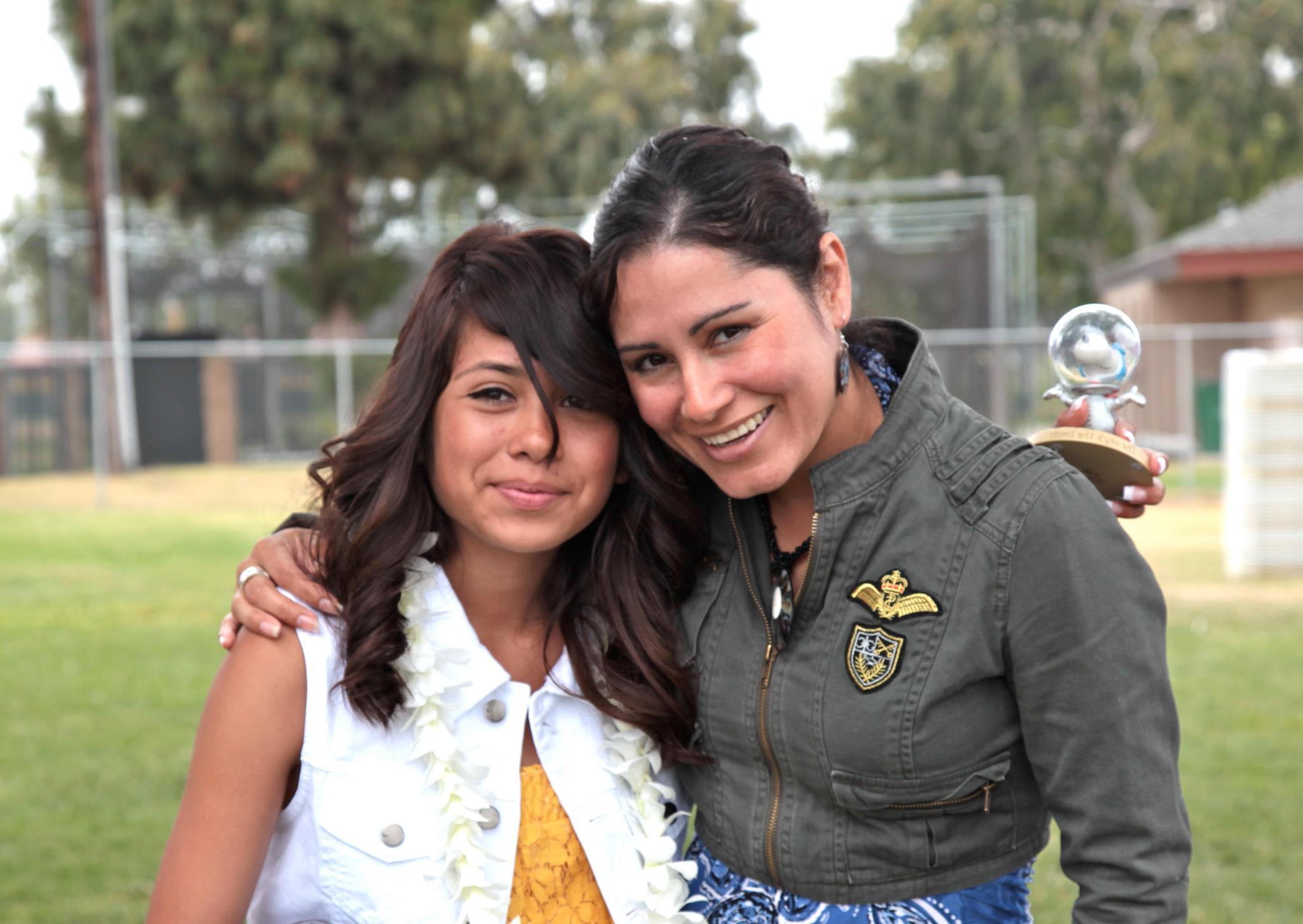
Solemnity is a powerful concept that touches many aspects of life, from religious rituals to legal proceedings. It signifies a state of seriousness, dignity, and respect. But what exactly makes an event or moment solemn? Solemnity often involves formal attire, specific language, and symbolic elements like flags or anthems. It plays a crucial role in weddings, funerals, and state ceremonies, creating an atmosphere of gravity and importance. Across different cultures and historical periods, solemnity has been a way to honor significant events and figures. Understanding its various applications can help us appreciate its impact on our daily lives.
What is Solemnity?
Solemnity is a term that captures the essence of seriousness, dignity, and importance. It often appears in various contexts, from religious ceremonies to legal proceedings. Let's explore the many facets of solemnity through these 45 intriguing facts.
-
Definition of Solemnity
Solemnity means being serious, dignified, and impressive. It often describes formal or ceremonial occasions where the atmosphere is grave and respectful. -
Religious Context
In religious settings, solemnity is vital. It describes the seriousness and reverence of rituals and ceremonies. For example, the Solemn Mass in Catholicism is a formal and dignified form of the Mass. -
Legal Context
In legal terms, solemnity refers to the seriousness and gravity of legal proceedings. Court sessions are typically conducted with solemnity to ensure fairness and respect for the law. -
Cultural Significance
Solemnity holds cultural importance. It often describes significant events like weddings, funerals, and state ceremonies. -
Historical Significance
Throughout history, solemnity has been present. Ancient civilizations conducted solemn rituals and ceremonies to mark important events and honor deities. -
Etymology
The word "solemnity" comes from the Latin "sollemnitas," meaning "a festival" or "a celebration." This origin highlights the festive nature of solemn events.
Types of Solemnity
Solemnity can manifest in various forms, each with its unique characteristics and significance.
-
Religious Solemnity
This type refers to the seriousness and reverence in religious rituals. -
Legal Solemnity
This type refers to the gravity and formality in legal proceedings. -
Cultural Solemnity
This type refers to the importance and significance in cultural events.
Examples of Solemn Events
Solemn events are moments marked by seriousness and respect. Here are some common examples.
-
Weddings
Weddings are often solemn occasions where two people make a lifelong commitment. -
Funerals
Funerals are solemn events where people gather to pay their respects to the deceased. -
State Ceremonies
State ceremonies, like presidential inaugurations, are conducted with solemnity to mark their importance.
Importance in Daily Life
Solemnity isn't just for grand events; it also plays a role in our everyday lives.
-
Daily Life
Solemnity helps create respect and gravity in various situations, whether in personal relationships, professional settings, or public events. -
Psychological Impact
Solemnity can evoke feelings of respect, awe, and even fear. For instance, standing in a grand cathedral can evoke a sense of solemnity and reverence. -
Cultural Differences
Different cultures perceive and practice solemnity in unique ways. In some cultures, it is associated with mourning, while in others, it is linked to celebration.
Historical Examples
History is rich with examples of solemn events that have left a lasting impact.
-
Ancient Greek and Roman Festivals
These festivals were conducted with great solemnity to honor their gods. -
Medieval Knights
The induction of knights was a solemn occasion where they were sworn to uphold chivalry.
Modern Applications
Solemnity continues to play a role in various modern contexts.
-
Corporate Events
Corporate events like annual meetings or product launches are often conducted with solemnity to convey importance. -
Educational Settings
Graduation ceremonies are solemn occasions where students receive their diplomas.
Symbolism in Solemnity
Symbols often play a crucial role in conveying solemnity.
-
Formal Attire
Wearing formal attire can symbolize solemnity. -
Ceremonial Objects
Using ceremonial objects like crowns, scepters, or bibles can symbolize solemnity. -
Music and Art
Music and art can also symbolize solemnity. For example, a symphony played during a funeral procession can evoke a sense of solemnity. -
Language
Using formal language and avoiding colloquialisms can help create a sense of gravity. -
Body Language
Standing upright, avoiding casual gestures, and maintaining eye contact can all contribute to a sense of seriousness.
Role in Education and Business
Solemnity is essential in educational and business settings, helping to create a respectful and professional atmosphere.
-
Educational Role
Solemnity helps create a respectful atmosphere during important events like graduation ceremonies. -
Business Role
In business settings, solemnity helps build trust and respect between clients and service providers.
Role in Politics
In politics, solemnity is crucial for maintaining the dignity and respect of the office.
- Political Role
Solemnity helps conduct official business with the necessary gravity and respect.
Historical Figures and Literary Works
Solemnity often features in the lives of historical figures and literary works.
-
Historical Figures
Figures like Abraham Lincoln delivered speeches with great solemnity to honor significant events. -
Literary Works
Works like Shakespeare's "Hamlet" feature solemn events that highlight the gravity of the situation.
Artistic Representations
Art often captures the essence of solemnity, evoking powerful emotions.
- Artistic Representations
A painting of a funeral procession can convey a sense of loss and respect.
Cultural Traditions
Many cultural traditions involve solemn events that emphasize respect and mindfulness.
- Japanese Tea Ceremony
This highly formal and solemn tradition emphasizes respect and mindfulness.
Personal Reflections
Reflecting on solemn events can evoke profound emotions and insights.
- Personal Reflections
Reflecting on a wedding ceremony can evoke feelings of love and commitment.
Psychological Impact on Individuals
Solemn events can have varying psychological impacts on individuals.
- Psychological Impact
Some people may feel calm and respectful, while others may feel anxious or overwhelmed.
Role in Personal Relationships
Solemnity helps create a sense of commitment and respect in personal relationships.
- Personal Relationships
Solemnity plays a significant role in relationships like marriage or long-term partnerships.
Role in Public Events
Solemnity helps create a sense of community and shared respect during public events.
- Public Events
During a national day of mourning, people come together to pay their respects.
Historical Examples of Public Events
History is filled with public events conducted with great solemnity.
-
Funeral of King Edward VII
This event was conducted with great solemnity to honor the deceased monarch. -
Inauguration of President John F. Kennedy
This event marked the beginning of a new presidency with solemnity.
Modern Examples of Public Events
Modern public events also emphasize solemnity.
-
9/11 Memorial Service
This event honored the victims of the terrorist attacks with great solemnity. -
State Funeral of Nelson Mandela
This event honored the late president with solemnity.
Symbolic Elements in Public Events
Symbols play a crucial role in conveying solemnity during public events.
- Symbolic Elements
Flags, anthems, and ceremonial objects are often used to convey solemnity.
Language and Communication in Public Events
Language and communication are key to conveying solemnity in public events.
- Language and Communication
Using formal language and avoiding colloquialisms can help create a sense of gravity.
Body Language and Nonverbal Cues in Public Events
Body language and nonverbal cues contribute to the sense of seriousness in public events.
- Body Language and Nonverbal Cues
Standing upright, avoiding casual gestures, and maintaining eye contact can all contribute to a sense of seriousness.
Role in Community Building
Solemnity helps create a sense of shared respect and commitment among community members.
- Community Building
Solemnity plays a significant role in building a sense of community and shared respect.
Role in Conflict Resolution
Solemnity can help create a respectful atmosphere for conflict resolution.
- Conflict Resolution
Solemnity facilitates dialogue and negotiation by setting a serious tone.
Role in Personal and Spiritual Development
Solemnity can play a significant role in personal growth and spiritual development.
- Personal and Spiritual Development
Reflecting on solemn events can help individuals develop a sense of perspective and commitment.
The Essence of Solemnity
Solemnity is all about seriousness, dignity, and respect. It shows up in religious rituals, legal proceedings, cultural events, and personal milestones. From weddings to funerals, solemnity adds gravity and importance. It’s not just about the event but also how we dress, speak, and act. Formal attire, respectful language, and upright posture all contribute to a solemn atmosphere.
Historically, solemnity has marked significant moments, like ancient festivals or medieval knight inductions. Today, it’s seen in corporate events, graduations, and state ceremonies. It’s a universal concept, though different cultures express it uniquely. Solemnity helps us honor commitments, build trust, and show respect. It’s a powerful tool in conflict resolution and community building. Whether in personal growth or spiritual development, solemnity connects us to deeper values and shared experiences. Understanding its role enriches our appreciation of life’s important moments.
Was this page helpful?
Our commitment to delivering trustworthy and engaging content is at the heart of what we do. Each fact on our site is contributed by real users like you, bringing a wealth of diverse insights and information. To ensure the highest standards of accuracy and reliability, our dedicated editors meticulously review each submission. This process guarantees that the facts we share are not only fascinating but also credible. Trust in our commitment to quality and authenticity as you explore and learn with us.


